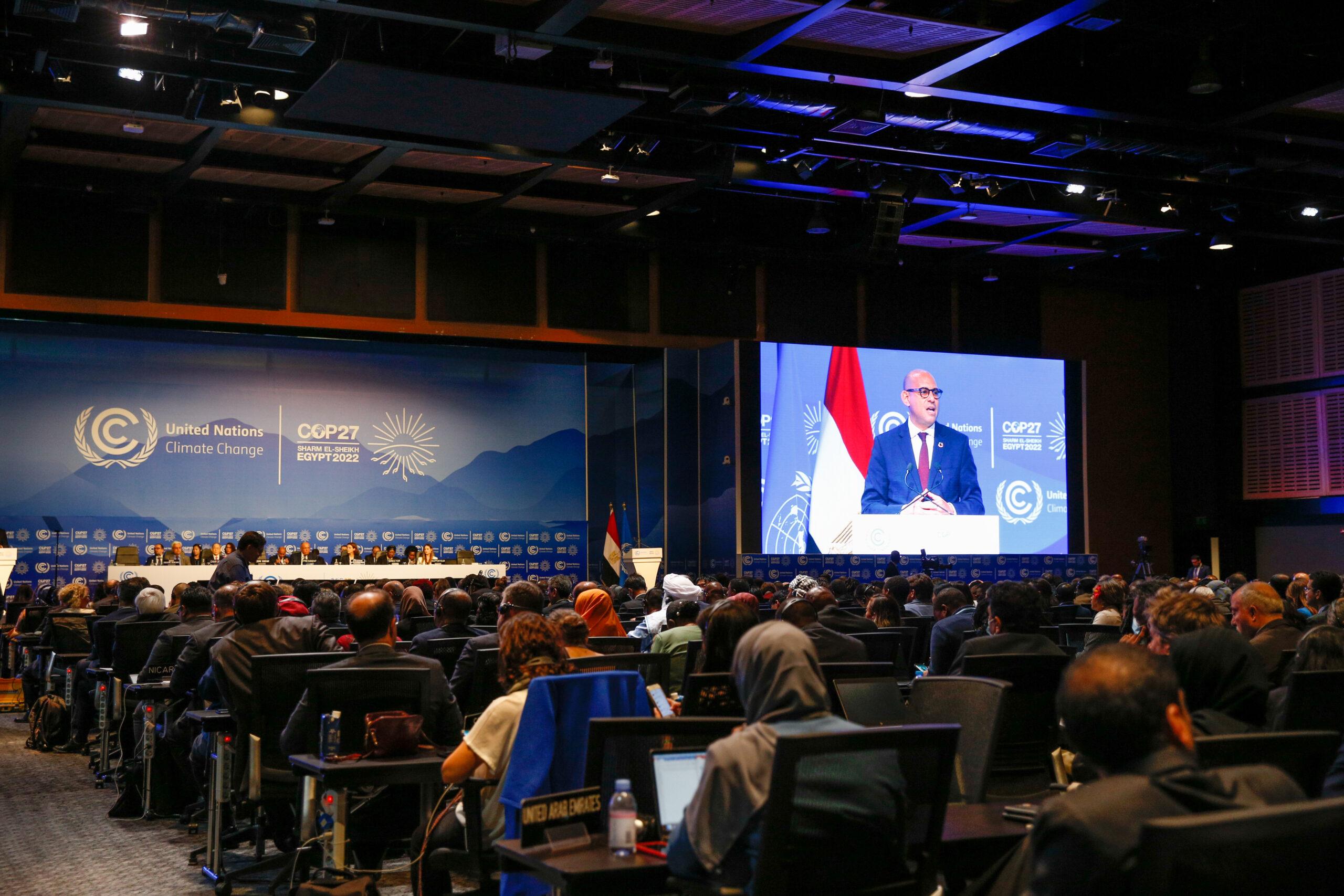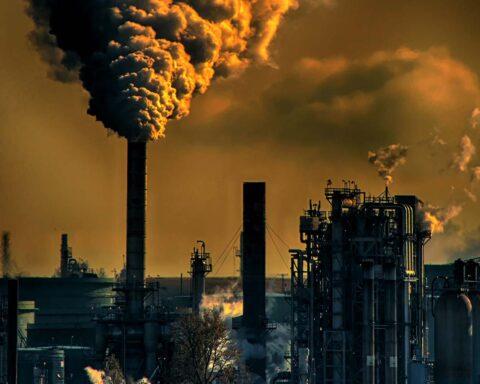As world leaders started gathering at the Egyptian holiday resort destination Sharm-el-Sheikh, there was a big positive for the poor nations on the opening day of the climate change conference COP27 yesterday as negotiators agreed to discuss the creation of an international mechanism for compensating poor countries that suffer large scale damage due to climate disasters.
For the next two weeks, ministers, negotiators from countries large and small will be in this Red Sea resort to discuss the impact of climate change, especially being faced by the poor and the developing nations.
Union Minister of Environment, Forest and Climate Change Bhupender Yadav is leading the Indian delegation at the summit.
The issue of loss and damage, as it is referred to in the climate negotiations, was included in the formal main agenda of the climate conference for the first time ever, which reflects a major gain for the poor and developing nations facing the brunt of climate change. For the past years this issue has been discussed in a separate track. This decision has set a positive tone for the two-week conference.
The decision to include loss and damage in the main agenda came in the wake of a series of unprecedented climate disasters this year — Europe’s worst drought in 500 years, Pakistan’s worst ever flooding and extensive heat waves in several parts of the world. There had been strong demand from a growing number of countries to discuss loss and damage more seriously and with greater urgency than earlier.


























